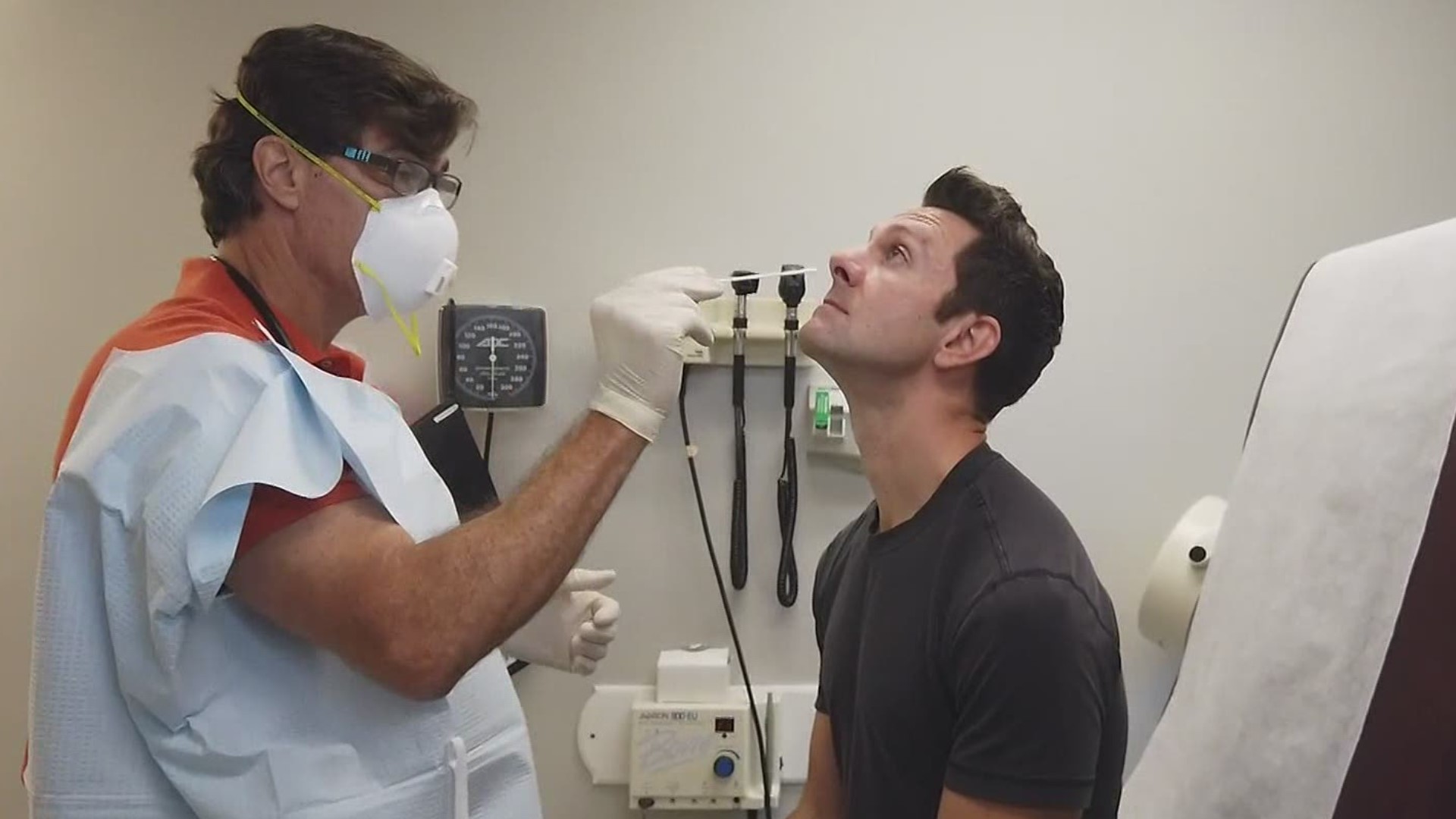ATLANTA — As the country inches closer to herd immunity, medical experts are learning more about how long natural immunity lasts after recovering from COVID-19, and why it's still a good idea to get a vaccine even if you have antibodies.
For more than a year, 11Alive News has asked "The Reveal" investigator Andy Pierrotti to document his recovery from the virus.
Pierrotti tested positive for COVID-19 in early March 2020, making him one of the first documented infections in Georgia. In a video diary he produced, Pierrotti had an elevated case, but was not hospitalized. It took him about two weeks to recover.
Since then, he’s repeatedly tested positive for antibodies -- the proteins in the body that help fight off infections, viruses and bacteria -- once in April 2020, again in October 2020 and more recently, on March 30, 2021, a full year after contracting COVID-19.
In his last test result, Pierrott’s doctor wrote, “You’re still immune to COVID.”
So, should recovered COVID patients, like Pierrotti, still get a vaccine?
RELATED: WH report: Georgia COVID cases improving, with deaths and hospitalizations still relatively elevated
Medical experts overwhelmingly say yes. Dr. Jayne Morgan, the Clinic Director of Piedmont’s COVID taskforce, is one of them. “I think what we know is that beyond 90 days it’s unclear how long we have antibodies,” said Morgan.
Morgan says the amount of antibodies and its effectiveness remains inconsistent. “And because it’s inconsistent, we’re still recommending everyone, even those who’ve had COVID-019 itself, still receive the vaccine after your symptoms have resolved,” said Morgan. “Think of the vaccine, and after you’ve had COVID, as maybe a booster shot to re-introduce it your system, to re-jump start it.”
Pierrotti received his first dose of the Pfizer vaccine about a week after testing positive for antibodies, with little to no side-effects.
Morgan says recovered COVID patients may see elevated, but temporary, side effects after receiving a vaccine.

